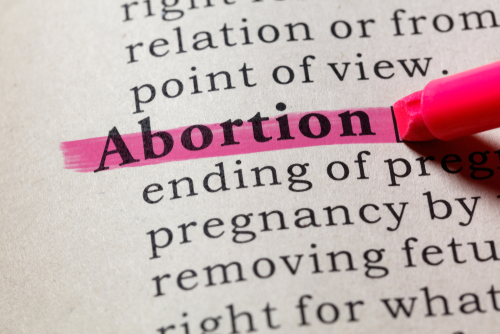How Loud is Too Loud for Car Stereos?
Driving down a back road with the windows rolled down and music blasting is a favorite pastime for many Americans who consider it an integral part of road trips. But when these drivers enter more residential areas, their loud music may be considered a nuisance or even a noncriminal offense.
On July 1, Florida implemented a law prohibiting car stereos from being too loud. The law states that if a car’s music can be heard from 25 feet away (roughly two lanes of traffic), it is a noncriminal traffic violation that can result in a fine of up to $114. It also requires that music not be heard from cars near churches, hospitals, or schools. The idea behind the law is that if music is too loud, it could prevent drivers from hearing approaching emergency vehicles, such as police cars or ambulances. It also seeks to avoid peace disturbances that loud car stereos may cause.
US Car Stereo Laws
No federal laws regulate car stereos. However, some states have various laws governing music volume while some do not have any. So be aware of your state’s laws before you crank up your car bops. Also, keep in mind that many states have laws about modifying cars in any way that may make them abnormally loud. These can include exhaust pipes, train horns, or large subwoofers and stereos.
It is not illegal to have loud car stereos or subwoofers as long as they are not disturbing the neighborhood you are driving through. But individual cities and neighborhoods may have noise ordinances that could result in fines if you break them. Many noise ordinances are placed on public property, so be aware of those before blasting your tunes down a side road at midnight. Private property is slightly different. If you are playing loud music out of your car on a private drive or in a privately owned parking lot, then someone would have to file a noise complaint before police can take action.
First Amendment Issues
Ten years ago, the Florida Supreme Court struck down a similar law due to First Amendment considerations that it restricted freedom of expression. Music censorship is controversial because it could mean it is being done for religious, political, or moral reasons. Although the federal government does have a long history of music censorship, there are currently no federal music censorship laws in place. The only regulation on music in the United States requires parental advisory notices on explicit or violent music.
But are there First Amendment issues when someone is ticketed just for playing music too loud? Even if it is too loud, is it considered a freedom of expression or is it a neighborhood nuisance? Just in case, it may be better to keep those windows rolled up or turn down the tunes around other drivers and in neighborhoods.
Related resources:
You Don’t Have To Solve This on Your Own – Get a Lawyer’s Help
Meeting with a lawyer can help you understand your options and how to best protect your rights. Visit our attorney directory to find a lawyer near you who can help.






